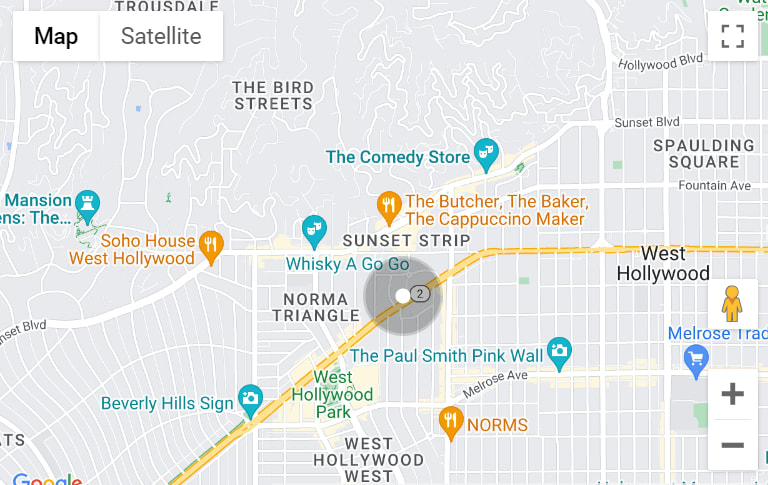
-
Compass
1100 Massachusetts Ave.
Cambridge, MA 02138
-
Matt Slowik
Greater Boston didn’t have a particularly active residential real estate market last year, at least by local standards. Nonetheless, homes across most communities continued to hold their value — and even appreciate, in many cases.
Each quarter of 2022 saw a year-over-year decline in the number of sales, with a dramatic 28% dip among single-family homes in the fourth quarter. Each quarter also saw a year-over-year rise in median price, with a peak of $725,000 in the second quarter (10% higher than Q2 2021). Thereafter, a deceleration trend kicked in: By the fourth quarter, median price had dropped to $649,900 — up just 4% from Q4 2021.
Over the course of the year, months of supply grew for single-families and condos alike. Meanwhile, absorption rates (which measure how quickly buyers are snapping up properties in a particular market) shrunk for both single-families and condos. Of particular note: Months of supply for the single-family market was up 114% year over year by the end of 2022.
The following observations are based on year-to-date MLSPIN data for 150 communities as of December 31, 2022.
In comparing 2022 with 2021, single-family home sales shrunk 16% and condo sales fell 22%. Meanwhile, average prices of single-families and condos were up 9% and 8%, respectively. Median prices also climbed for single-families and condos — 8% and 7%, respectively.
Housing experts are predicting prices will do anything from stay flat to rise slightly in 2023. The great unknown is the state of interest rates.
The Mortgage Bankers Association (MBA), National Association of Realtors chief economist Lawrence Yun and Realtor.com are among the industry authorities who foresee that mortgage rates will fall in the second half of 2023. The MBA most recently projected a year-end rate of 5.4%; Yun placed this figure at 5.5%.
It’s safe to say that a return to rates in the 3% range is unlikely to occur any time soon. At least in the short term, then, buyers will have to continue exploring various financing programs to help cut mortgage costs.
A drop in interest rates would likely lead to price increases this year. But with many experts predicting 2024 will be an even stronger market, 2023 could still provide solid investment opportunities for buyers, despite the relatively high mortgage rates.
More immediately, buyers who couldn’t compete in the spring 2022 market may have a shot now. They generally will have more time to prepare their offers and face a less competitive environment. However, they will have to factor current interest rates and inflationary living expenses into their budgets.
As buyers grapple with various affordability issues, sellers can expect homes will take longer to sell. Pricing correctly will be even more crucial than usual. Sellers should brace themselves for the return of contingencies (e.g., home inspections) in negotiations.
Although the Cape and Islands have nuance on their side, much of the year-over-year trends for Q4 2022 mimicked those of Greater Boston. Number of sales was down from 2021 for both single-family and condo properties, pointing to a decrease in inventory and overall activity compared to last year. Days on market were up because buyers were more cautious about what they bought. Furthermore, since spiked interest rates meant it would cost them more money, buyers were utilizing contingencies to ensure they got a home worth the price tag. Although homes were sitting on the market longer, median sales prices were up year over year in Q4 2022. This suggested the lack of inventory was still motivating buyers to pay more to put a property under agreement once they found one they thought was worth it. Now remains a good time to put a home on the market due to the lack of inventory but overall higher median sales prices compared to 2021. As in Greater Boston, homes on the Cape and Islands generally held their value or appreciated last year.
Sources:
MLSPIN Area Market Review, 10/1/22–12/31/22.
The towns we used for Greater Boston statistics were sourced via Crunchbase.
CCIMLS for Barnstable County, 10/1/22–12/31/22.
LINK for Nantucket and Martha's Vineyard data, 10/1/21–12/31/21 vs. 10/1/22–12/31/22.